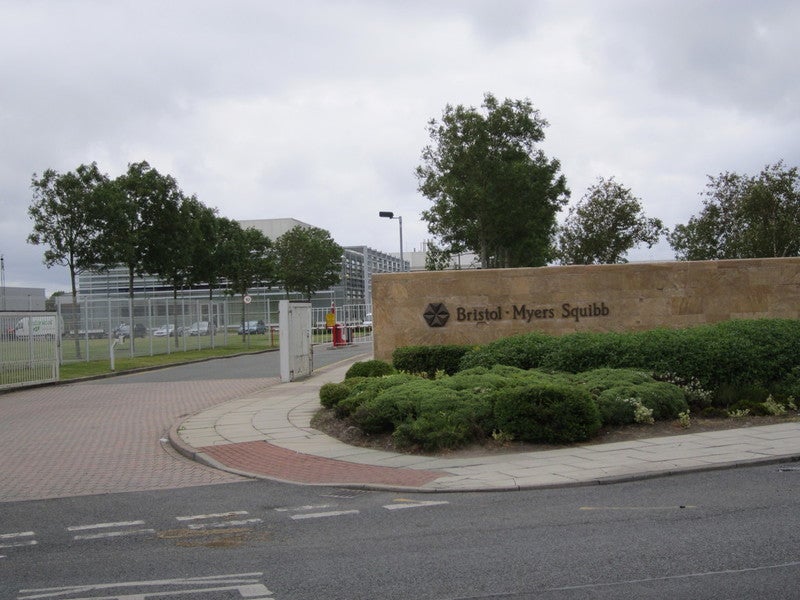
Bristol-Myers Squibb’s (BMS) proposed $74bn acquisition of Celgene is under threat as its two main shareholders, Wellington Management and Starboard Value, are opposing the deal.
Wellington Management, which owns 8% stake in BMS, said that it does not support the deal that was announced last month.

Discover B2B Marketing That Performs
Combine business intelligence and editorial excellence to reach engaged professionals across 36 leading media platforms.
In a statement, the investment management firm noted it believes BMS should be active in business development and does not believe the Celgene deal is an ‘attractive’ approach to this goal.
Wellington said that the transaction is too risky for BMS shareholders and also raised concerns over the price offered to Celgene shareholders.
As per the terms of the agreement signed between BMS and Celgene, the latter’s shareholders will receive one BMS share and $50 in cash per share.
Furthermore, Wellington also expressed concerns over the execution success of the merger.

US Tariffs are shifting - will you react or anticipate?
Don’t let policy changes catch you off guard. Stay proactive with real-time data and expert analysis.
By GlobalDataAnother shareholder, Starboard Value in an open letter called the deal ‘poorly conceived and ill-advised.’
The activist hedge fund also said that it would demand for BMS documents in Delaware court to understand how the company decided to make the offer to Celgene.
Starboard further added that it would solicit other shareholders to vote against the deal. The meeting for shareholder voting on the acquisition is scheduled for 12 April.
Responding to the Starboard letter, BMS issued a statement supporting its merger with Celgene and said it would create a premier biopharma company.
The company’s statement read: “As a combined entity, we will enhance our leadership positions across our portfolio, including in oncology, immunology and inflammation and cardiovascular.
“We will also benefit from an expanded early- and late-stage pipeline highlighted by six expected near-term product launches, including five from Celgene, representing more than $15bn in total revenue potential.
“Together, our pipeline holds significant promise for patients, allowing us to accelerate new options through a broader range of cutting-edge technologies and discovery platforms.”
If the deal does not go through, BMS would have to pay Celgene a $2.2bn breakup fee, noted Reuters.




